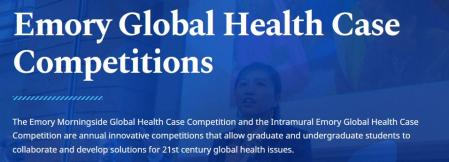
UAB has been sending teams to compete at the Emory Morningside Global Health Case Competition, since the very beginning. Student teams travel from universities across the US as well as other countries to present their best response to each year's new and challenging case. The 2021 Emory GHCC happened virtually with more teams than ever competing. Two students from the UAB team share their experiences:
Divya Annamalai, team captain -- undergraduate student in Neuroscience & graduate certificate in Global Health
The Emory Morningside Global Health Case Competition is an annual competition that allows graduate and undergraduate students to collaborate and create interventions to tackle global health issues abroad. This year, our six member team was tasked with the challenge of creating a vaccination program for either Bangladesh, Brazil, Japan, or Nigeria. Our team picked Bangladesh as our country of focus, and since the competition was virtual, we needed to submit a video presentation of our intervention and how it improved vaccine hesitancy and distribution among the general public and Rohingya refugees.
In all honesty, I was quite daunted by this year’s case. COVID-19 is such a current global health issue and we needed to address it in one of the most densely populated countries in the world. Luckily, we had the full support and encouragement from our mentors at the Sparkman center: Dr. Anna Helova, Dr. Meredith Gartin, and Katie Adams. As soon the case was released, our mentors helped set up meetings with accredited UAB professors with experience working with refugees and in low income settings. We met with three professors that week and regularly checked in with our mentors, which helped us better understand the case and prepare for the competition.
Read more: Imagining a COVID-19 Vaccination Distrubution Strategy for Bangladesh at Emory's GHCC
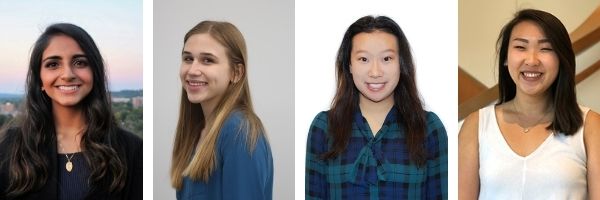
by: Alice Kim, member of 1st place team: Case Crushers
The Sparkman Center Global Health Case Competition (GHCC) is an event where teams (traditionally around 4-6) compete to develop and present practical solutions to public health issues that impact populations on a global scale.
As an MPH Health Behavior student studying psychology in undergrad, the GHCC had intrigued me for a couple years. While this year’s competition was completely online, I felt sufficiently capable of creating a virtual presentation format and confident that my team would be able to present novel solutions in a creative light.
One unique element of the Sparkman Center’s GHCC is that it has specific criteria for teams to have representation of the different schools at UAB. Our team member Helen, who represented Collat School of Business, says “As an economics major, it was very interesting for me to apply my own perspective on an issue outside of my field of knowledge. Not only did I have the chance to work with great team members who helped guide me through a public health issue, but I was also able to learn many healthcare processes that are applicable to my own life.”
Read more: Experiences and Advice from 2021 UAB GHCC Winners
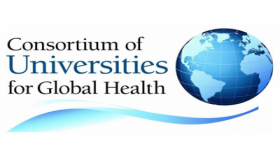
In March, the Consortium of Universities of Global Health (CUGH) hosted its 2021 virtual conference "Addressing Critical Gaps in Global Health and Development." The Sparkman Center for Global Health was excited that so many members of the UAB community had abstracts accepted to present posters at this year's conference. Many of the students presenting posters are current Sparkman Fellows.
- Anna Helova in collaboration with Sparkman Center summer internship partners in Jamaica, Kenya, and Uganda, Sparkman summer interns, and UAB mentors:
'Could International Remote Global Health Internships Present a Valuable Alternative to the In-person Experiential Learning? Lessons Learned amid the COVID-19 Pandemic.' - Emma Kate Sellers (Sparkman Fellow 2020, GHS certificate student):
'Filling Gaps for Refugees and Asylum Seekers in a Community-based, Participatory Model with Local NGOs in Birmingham Alabama'
(mentor: Dr. Meredith Gartin) – finalist for the Lancet Student GH Poster Competition - Tayyaba Khan (Sparkman Fellow 2019; Sparkman Intern, summer 2020; UAB '20):
‘'Advocacy and Sensitization Training for Men who have Sex with Men (MSM) and Sex Workers (SWs) in Kingston, Jamaica'
(mentors: Drs. Henna Budhwani & Anna Helova) – also won 2nd place at the UAB Undergraduate Research Expo - Sunya Reddy (Sparkman Fellow 2020) and Troy Shirley (President, The UAB Southern Sudan Healthcare Organization):
‘Rapid Systematic Review of the Impact of COVID-19 on Refugee Health’
(mentor: Dr. Anna Helova) - Madhuri Molleti (GHIG President) and Norah Madden-Lunsford (both Sparkman Fellows 2020):
'Rapid Systematic Review of the Impact of School Closures on Child Mental Health amid the COVID-19 Pandemic'
(mentor: Dr. Anna Helova)
We asked a couple of these students to share their experiences preparing and submitting abstracts to the conference...
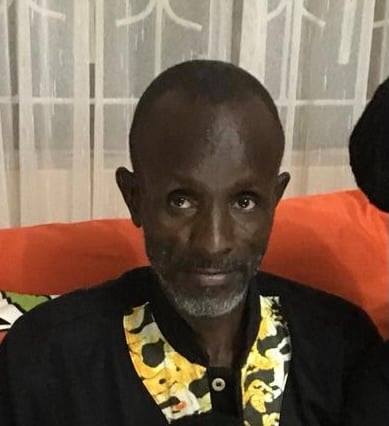
In a year of so much loss, we want to take a moment to honor one that has hit close to home with the Sparkman Center team. George Owino, the Kenya-based Study Coordinator of NIMH-funded research on prevention of mother-to-child transmission (PMTCT) of HIV led by Dr. Janet Turan, died in February 2021 after a long and courageous battle with ulcerative colitis and cancer.
George’s life story is truly motivational for those of us working in global research to prevent and treat HIV. George dedicated his career to expanding access and utilization of HIV testing and care services in the Nyanza Region of Kenya, the region of Kenya most affected by the HIV epidemic. His own struggles living with HIV motivated his work. In 1998 George’s employer at the time had him tested for HIV without his knowledge. Shortly after receiving the results, the employer fired him without explaining why. Then followed years of increasing sickness and time spent searching for cures, until finally receiving his diagnosis and starting antiretroviral medications (ARVs) in early 2003. Sadly, George lost a son who had been perinatally infected with HIV before George knew of his status.
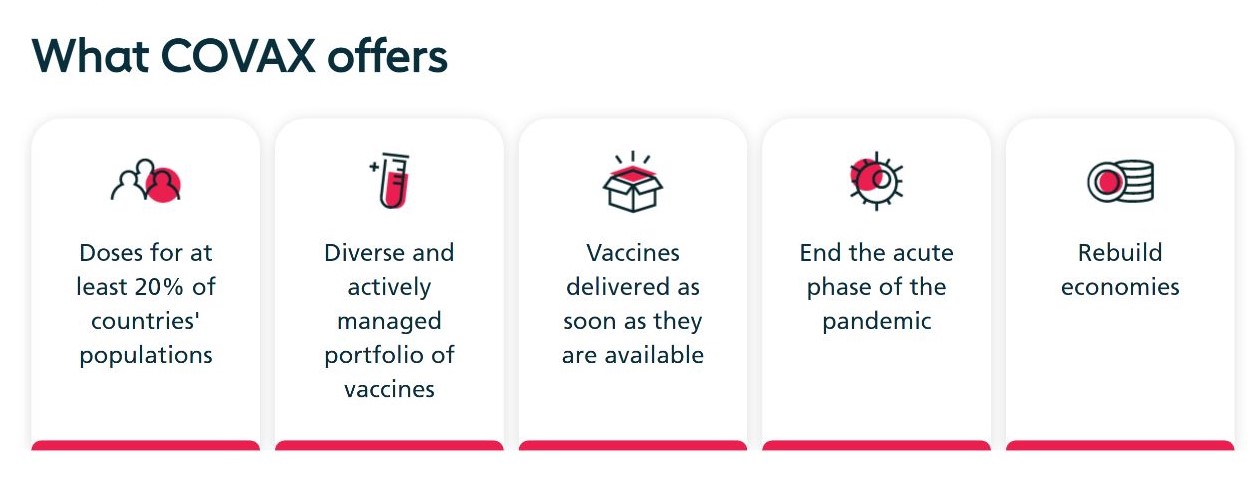
On September 9, 2020, WHO announced a Fair Allocation Framework for the COVID-19 vaccine through the COVAX mechanism. This framework was set in place with good intentions to ensure the vaccines are shared equitably across all countries. According to this well-intended original plan, no participating government could procure and vaccinate more than 20% of its population until all countries had vaccinated 20%. In a follow-up phase, if limited supply persists, a weighted allocation would be adopted based on the country's threat and vulnerability. The COVAX was put in place to warrant that the price will not be an issue for the most resource-limited countries.
- Sparkman Center Spotlight: Renata Hocking - prevalence of active Schistosoma haematobium infection at the time of delivery in Cameroon
- Sparkman Center Spotlight: Marissa Swanson - reducing childhood injury through community based psychosocial interventions in rural Uganda
- Sparkman Center Spotlight: Reshmi Mukerji - TB Treatment and Social Stigma in Kolkata, India